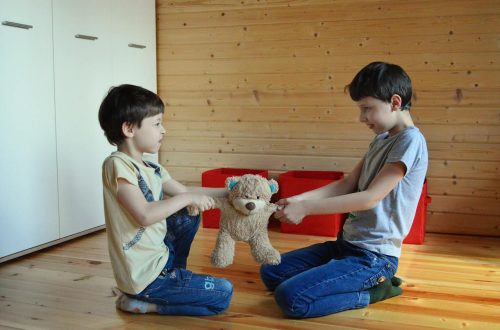Discipline and Behavior Management Hacks
- Stay Consistent with Rules:
Consistency is key when it comes to discipline. Set clear, simple rules and enforce them uniformly. Inconsistent enforcement confuses children and makes discipline less effective.
- Positive Reinforcement:
Focus on praising good behavior rather than just punishing bad behavior. A simple “great job for putting your toys away” reinforces positive habits and builds self-esteem.
- Implement a Reward System:
Create a reward chart for specific behaviors (like chores or schoolwork) and give kids stickers or tokens they can trade for a small treat. This motivates them to stay on track without constant nagging.
- Offer Choices to Avoid Power Struggles:
Instead of issuing commands, offer controlled choices. For example, “Would you like to put your shoes on first or your jacket?” This gives children a sense of control, which often reduces resistance.
- Use Logical Consequences:
Instead of punishments that don’t fit the crime, use consequences that make sense. If your child refuses to pick up toys, the logical consequence might be taking those toys away for a short period.
- Model Desired Behavior:
Children learn by watching you. If you want them to be polite, respectful, and patient, demonstrate those behaviors in your interactions. They are more likely to imitate what they see than follow instructions.
- Set Clear Expectations:
Before going into a situation, explain what behavior you expect. For example, before entering a grocery store, remind your child, “We’re not buying toys today, but you can help choose what fruits we get.”
- Use Time-Ins Instead of Time-Outs:
For younger children, use “time-ins” to sit with them and talk through their feelings and behavior instead of isolating them. This promotes emotional regulation and understanding of their actions.
- Avoid Yelling, Use a Calm Tone:
Yelling often escalates situations. Instead, lower your voice when your child is upset or misbehaving. This not only de-escalates the situation but also teaches them to handle frustration without shouting.
- Set Age-Appropriate Boundaries:
Ensure your rules and expectations align with your child’s age and developmental level. Too-high expectations can lead to frustration, while too-low ones can result in boredom or entitlement.


